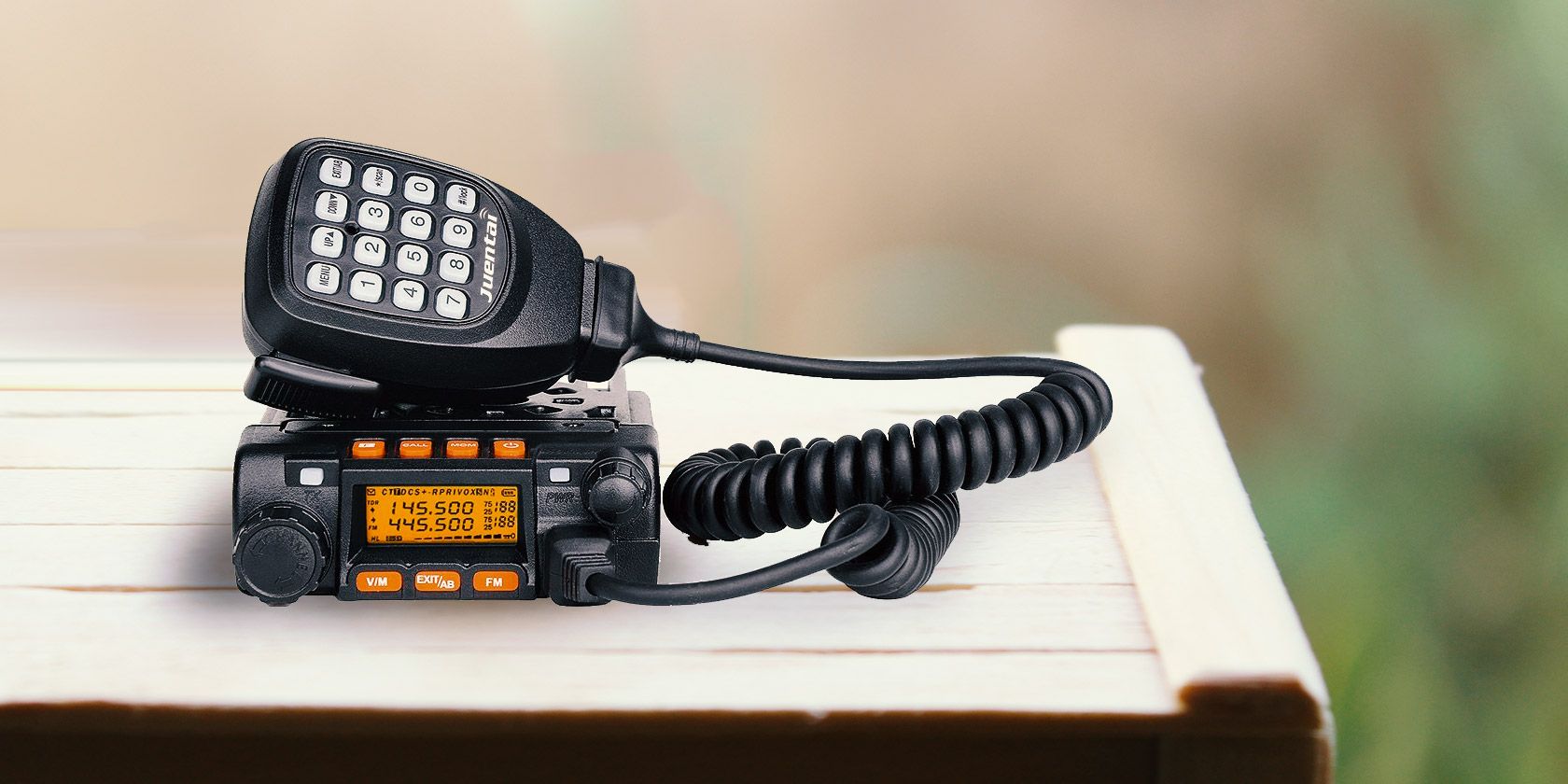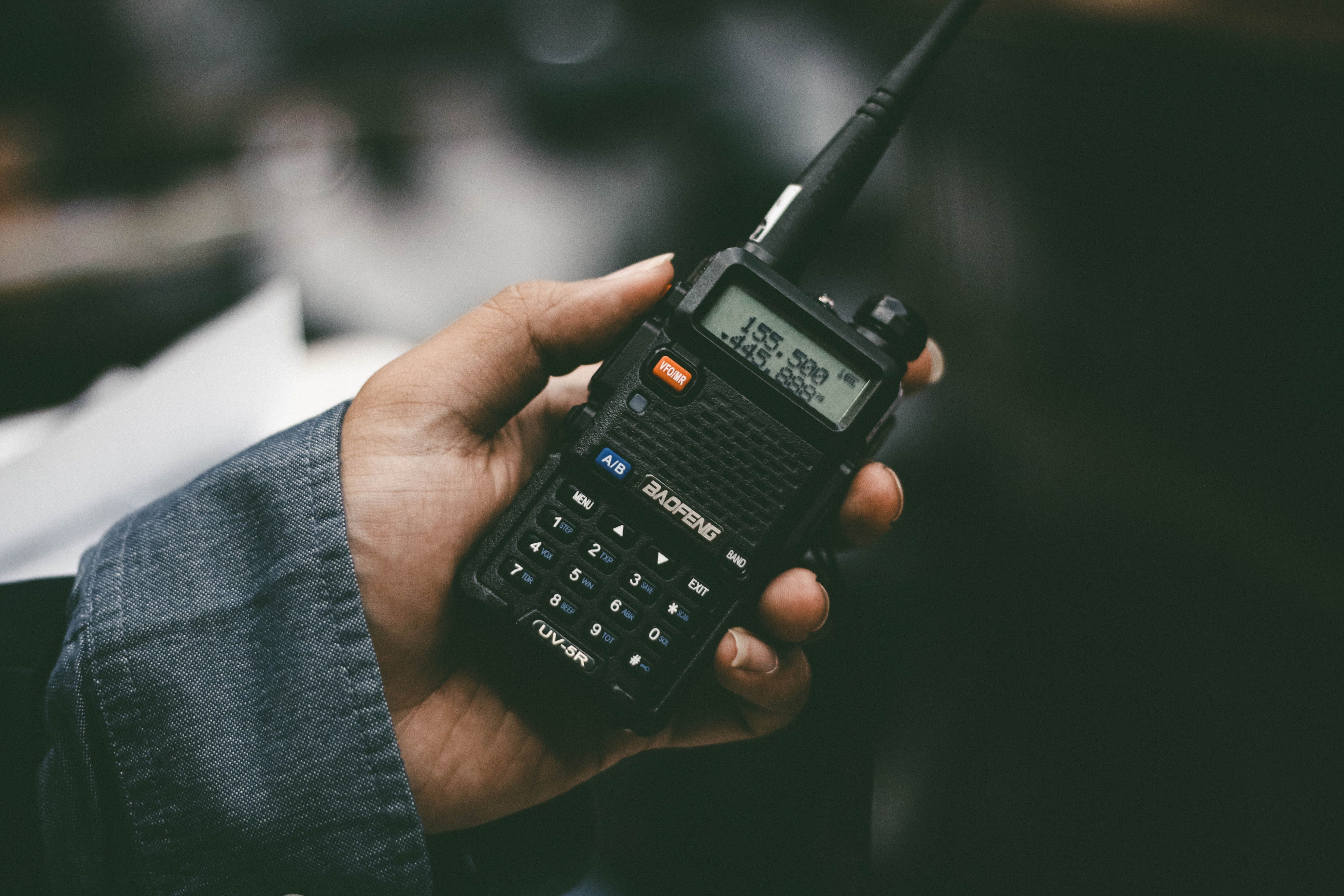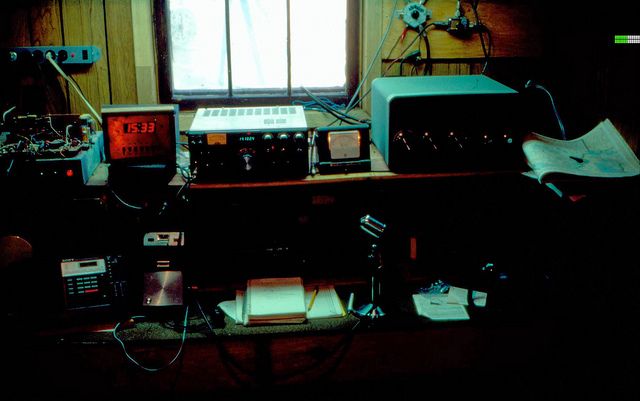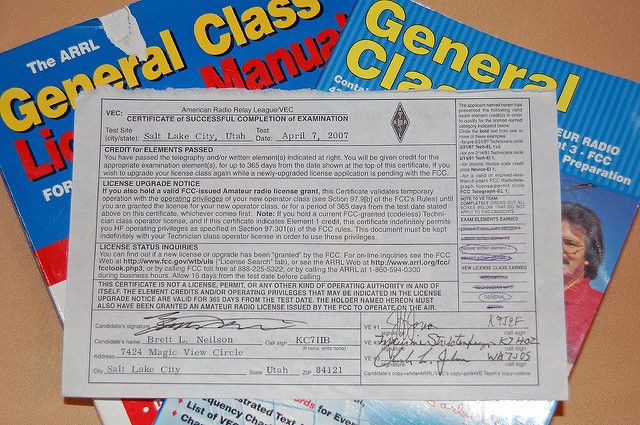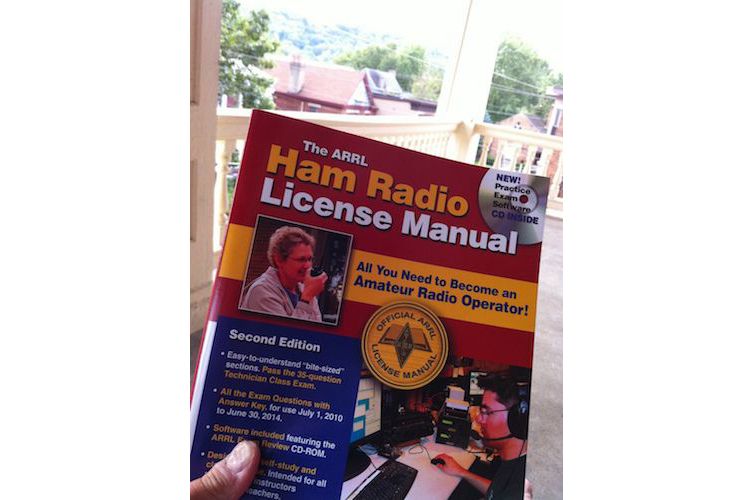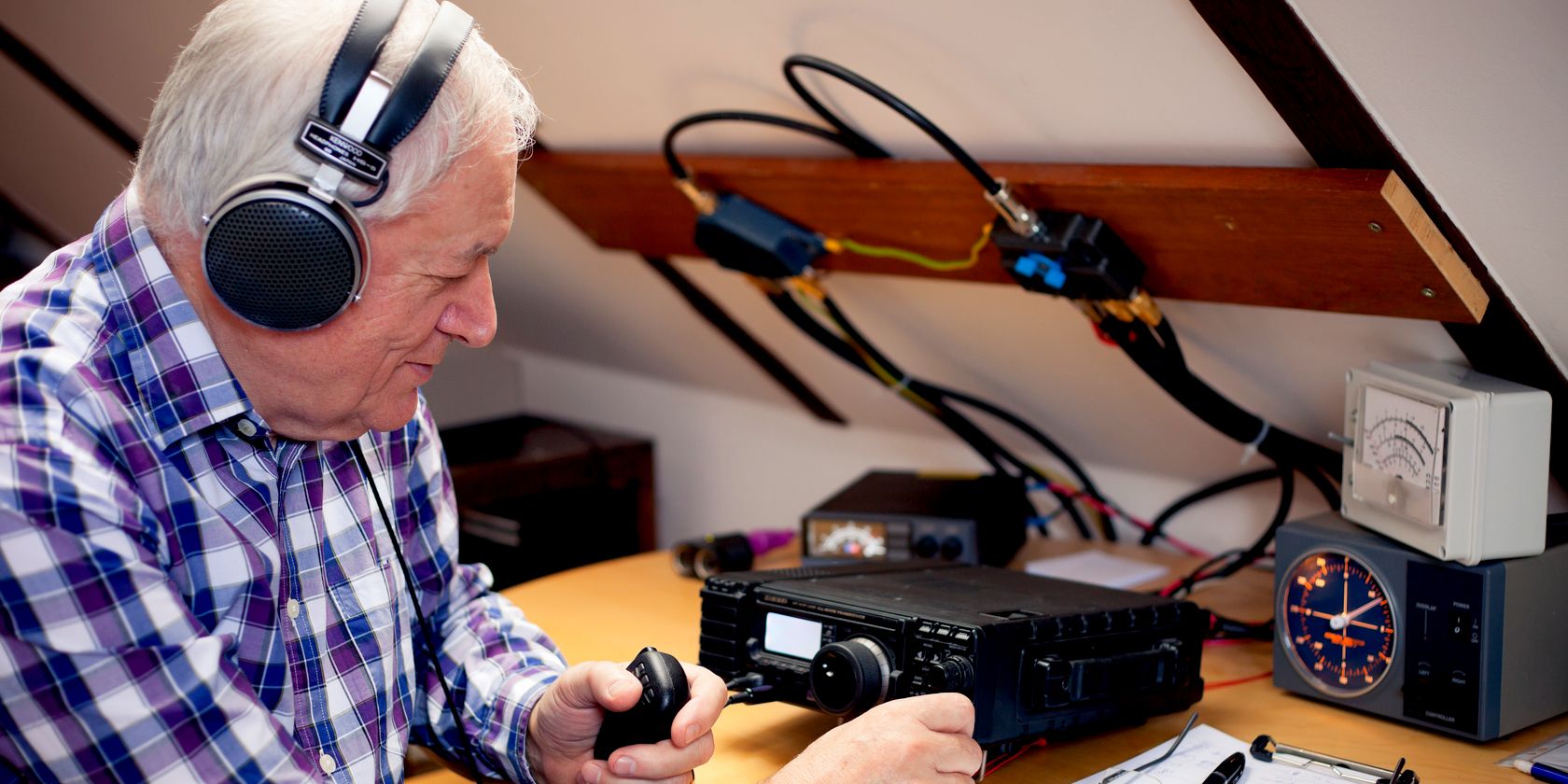Amateur radio, often called ham radio, is a quintessentially geeky hobby. Essentially, it involves radio operators called "hams" talking to each other over VHF and UHF frequencies.
Ham radio is a popular small-town hobby with an unfashionable reputation. However, it's totally unwarranted, as becoming a "ham" has some serious practical advantages and can be a lot of fun. Here's why you should consider entering the fray yourself.
1. Being Aware of Local Emergencies
Knowing about a local emergency, like a multi-car pile-up, can often mean the difference between spending hours stuck in traffic or not. Unfortunately, finding out about them in time can be hard. TV news is glacially slow to report on events at times, and social media can be a cesspit of hoaxes and misinformation.
Ham radio is different, though. It's both fast and reliable, and it comes to you locally, often from a first-hand witness. You'll be hearing about events from people who live near where they're taking place or are rubber-necking it from their own automobiles. Many ham operators carry in-car handsets for this reason.
This is news you can generally depend upon, as it's coming directly from people in your own community, neighbors who you'll be able to trust. Who watches the watchmen? It could very well be you if you've got a vigilante bug in you and a ham radio nearby.
That's just one side of it, though. Many government agencies use the same UHF and VHF frequencies used by amateur radio equipment in order to let people know about disasters and extreme weather situations.
The most famous one is run by the National Weather Service, which transmits automated weather alerts. You can learn more about it in the video above.
2. Staying Connected When Disaster Strikes
When Hurricane Sandy struck the Eastern seaboard of the United States, it caused unfathomable damage to the infrastructure.
Homes were without power for weeks, and communications were severely disrupted. Some who found themselves in trouble were unable to contact their local emergency services to summon assistance.
One thing that the hurricane wasn't able to disrupt was radio broadcasts. For this reason, ham radio operators served a vital role in keeping people safe and connected during the worst of the storm.
In Connecticut, ham radio operators worked around the clock to protect their communities and to liaise with emergency services, shelters, and the local Red Cross. Many left their homes and cloistered themselves in these places to keep communications flowing constantly.
Any licensed amateur radio operator can join groups whose job is to assist during emergencies. The Amateur Radio Emergency Service is one of the largest, which operates in Canada and the United States.
It's not the only one, and it's not just the United States that has them. Wikipedia has a pretty comprehensive list of active groups you could consider joining.
3. It's a Skill to Learn and Maintain
You can't just buy a radio set and become an amateur radio operator. Not legally, at least.
Before you can start transmitting across the airwaves, you've got to get yourself certified and licensed. In the US, you'll stake your claim with the Federal Communications Commission.
To do that, you've got to take some classes or do some self-studying. These cover the essentials, like the laws and regulations in your county relevant to amateur radio broadcasts. Others are much more interesting and explore the math and physics of ham radio and basic electronics.
There are three written exams that you can sit through to acquire your ham radio certification:
- Technician: 35 questions, the lowest tier of amateur radio certification
- General: 35 questions, moderately difficult
- Extra: 50 questions, the highest level of ham radio certification
Exams are usually administered by local volunteer examiners, many ham radio enthusiasts themselves. The cost can range from free to a nominal fee that shouldn't exceed $15.
If you love finding out how stuff works and long to go back to learning about math and science in a classroom environment, becoming an amateur radio operator might just be for you.
4. Ham Radio Is a Worldwide Community
Amateur radio is an incredibly social endeavor. I'm not just about talking to people over your radio, although that's a huge part of being a ham.
There are radio meet-up groups and social events you can attend in your area, as well as online communities that bustle with activity. The Amateur Radio subreddit, for example, has almost 95,000 thousand users. It's full of people sharing their expertise and bragging about their accomplishments.
Many tech-oriented communities can be toxic wastelands, full of internal conflict and politics, but the ham community is different. They're open to newcomers and generally happy to help, as outlined in The Ham's Code:
"The ham is friendly. Slow and patient sending when requested, friendly advice and counsel to the beginner, kindly assistance, co-operation and consideration for the interests of other; these are the mark of the ham spirit."
5. It's Cheaper Than You Think
If you're put off by the potential entry cost of becoming a "ham," you're going to want to pay attention here. In recent years, it's become a much more affordable hobby. This is largely thanks to the deluge of cheap handsets that have flooded the market.
One Chinese maker of amateur radio handsets is Baofeng. They've done for ham radio what Huawei and Xiaomi did for smartphones, essentially lowering the cost to make them affordable for all. As a result, you can now get a perfectly viable hand-held radio for under $70.
It's a great starter radio for those just getting into the hobby. Of course, there are higher-end options available, but the great thing about ham radio is that you really only need airway access and a license. The rest is up to you.
Incremental steps forward in equipment won't break the bank, either. You can get a much more advanced radio for just under $200, and there's a thriving secondary market of devices on sites like Craigslist and eBay.
Could You Be Your Town's Next Ham Radio Superstar?
Ham radio is a great hobby for anybody who loves to connect with the people around them. It'll introduce you to new groups of people and will serve you well in times of need. Never be left in the dark the next time something big hits your city, all through this exciting, community-based hobby. You'll always be the first to know.

